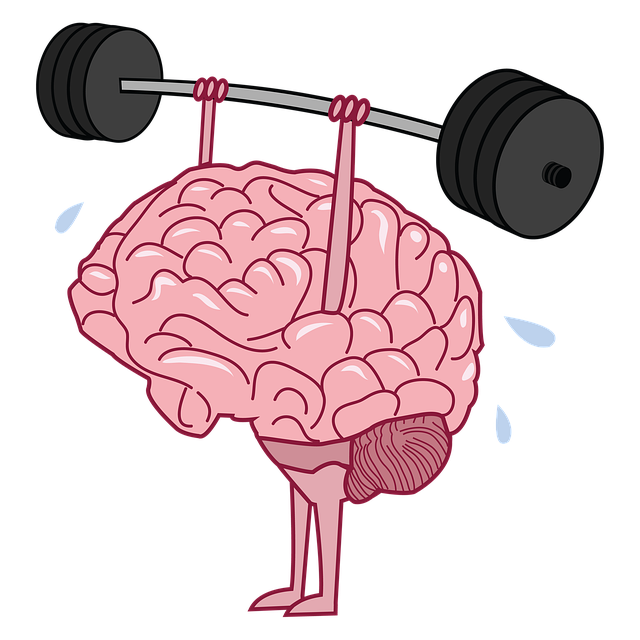Lafayette first responders face high stress, trauma, and burnout due to their frontline roles, leading to a silent mental health epidemic. Specialized Lafayette First Responders Therapy is vital for their well-being, focusing on evidence-based strategies like open dialogue, cultural competency, crisis intervention, conflict resolution, emotional healing, and mental wellness journaling. Effective programs, tailored to these professionals' unique challenges, enhance stress management, promote resilience, and ensure high service delivery levels while maintaining a healthy work-life balance for the community's first line of defense.
In today’s demanding emergency services landscape, mental wellness coaching programs are vital tools for supporting first responders. This article delves into the critical need for these initiatives, specifically focusing on Lafayette First Responders Therapy programs. We explore strategies for designing effective therapy models tailored to address unique challenges faced by first responders. Through implementation and evaluation, we uncover successful approaches that enhance resilience and overall mental health support for emergency services professionals.
- Understanding the Need for Mental Wellness Coaching Programs for First Responders
- Designing Effective Lafayette First Responders Therapy Programs
- Implementing and Evaluating Success in Mental Health Support for Emergency Services Professionals
Understanding the Need for Mental Wellness Coaching Programs for First Responders

In recent years, there has been a growing recognition of the unique challenges faced by first responders—a group that includes police officers, firefighters, and paramedics—who are on the front lines in situations that can be traumatically intense. These individuals often experience high levels of stress, anxiety, and depression, making mental wellness coaching programs crucial for their well-being. The demanding nature of their work exposes them to scenes and experiences that can have lasting effects, leading to what is often referred to as “the silent epidemic” among Lafayette first responders.
The need for specialized support is evident when considering the impact of trauma on these professionals’ mental health. Developing self-care routines and building resilience are essential components in addressing the Mental Health Awareness issues prevalent within this community. Through tailored coaching programs, first responders can learn effective coping strategies, enhance their ability to manage stress, and prioritize their mental wellness—all vital aspects for maintaining a healthy work-life balance.
Designing Effective Lafayette First Responders Therapy Programs

Developing effective Lafayette First Responders Therapy programs requires a tailored approach that addresses the unique challenges faced by first responders. These professionals, including law enforcement officers and firefighters, often experience high levels of stress, trauma, and burnout due to their demanding work environments. Therefore, therapy programs should focus on providing them with essential tools for resilience and emotional well-being.
One key aspect is incorporating evidence-based communication strategies that foster open dialogue. Training first responders in active listening, empathy, and effective feedback mechanisms can enhance their ability to connect with individuals in crisis. Additionally, healthcare provider cultural competency training is vital to ensure that therapy services are accessible and sensitive to the diverse backgrounds of those they serve. Crisis intervention guidance should be integrated into these programs, teaching first responders how to de-escalate situations and offer immediate support while advocating for ongoing mental health care when necessary.
Implementing and Evaluating Success in Mental Health Support for Emergency Services Professionals

Implementing effective mental health support for emergency services professionals is a critical step towards fostering resilience and maintaining high levels of service delivery. Programs like Lafayette First Responders Therapy focus on providing specialized care tailored to the unique challenges faced by first responders, including trauma exposure, stress, and burnout. Success in these initiatives lies in several key areas.
Firstly, incorporating evidence-based practices ensures that interventions are effective and aligned with best practices. This includes integrating techniques such as conflict resolution strategies and emotional healing processes. Additionally, structured programs offering mental wellness journaling exercise guidance can help professionals process their experiences and emotions in a safe, reflective manner. Regular evaluation is also paramount; tracking participant progress, gathering feedback, and making necessary adjustments ensure the program meets the evolving needs of emergency services personnel.
Mental wellness coaching programs, specifically tailored for Lafayette first responders, are not just beneficial but essential. By implementing effective therapy models and continually evaluating their success, we can ensure these programs meet the unique needs of emergency services professionals. Investing in the mental health support of first responders is crucial to improving overall well-being and enhancing community resilience. Lafayette first responders therapy should be a cornerstone of our efforts to support these brave individuals, fostering a culture that prioritizes both physical and mental preparedness.














